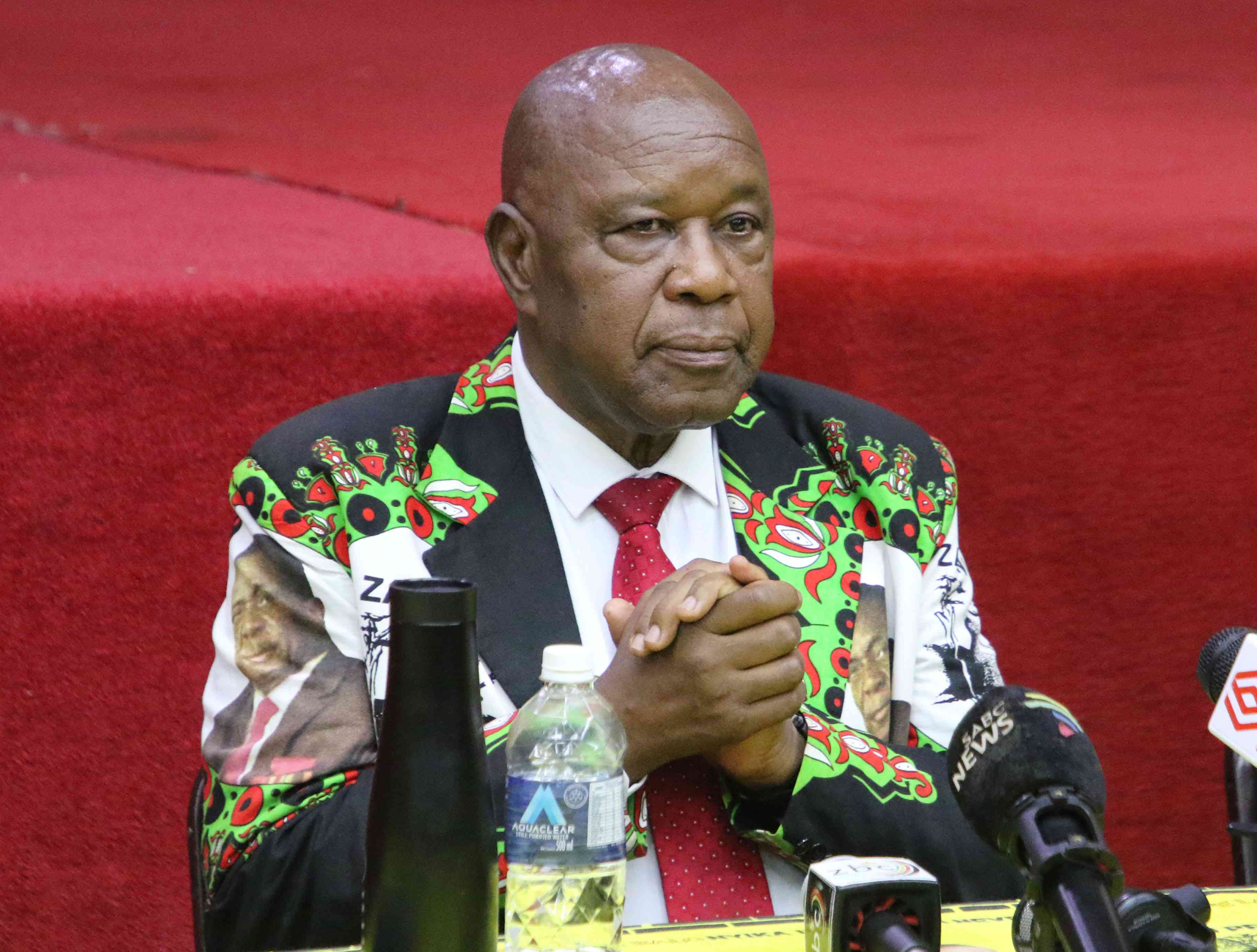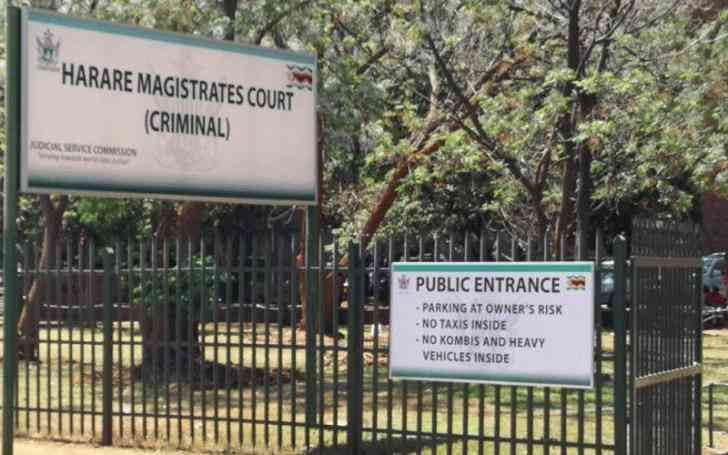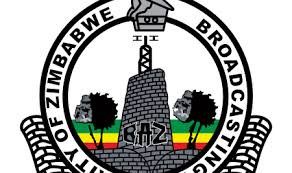THE Zimbabwe Republic Police (ZRP) and seed firm, Seed Co Limited (Seed Co), have raised alarm over an increase in counterfeit seeds being sold as legitimate company stock as the 2024-25 agricultural season kicks off.
This comes amid a decline in both reported cases and recoveries of counterfeit maize seed on sale, with high-density flea markets, particularly in Mbare, Harare, being the hotspots for such illicit sales.
In the 2020-21 agricultural season, there were 51 such cases of counterfeit seed on sale, leading to the recovery of 138 tonnes.
The number of cases decreased to 47 and 117,5 tonnes being recovered in 2021-22, followed by 40 cases and 74 tonnes worth of recoveries in 2022-23.
The 2023-24 season recorded 35 cases with 35 tonnes being recovered.
“As the 2024-25 farming season commences, the Zimbabwe Republic Police and Seed Co have noted with concern the sale of counterfeit maize seed by traders and individuals to unsuspecting farmers throughout the country,” national police spokesperson Commissioner Paul Nyathi said in a statement.
Keep Reading
- Harare businesswoman turns heat on police CCU over 'bias'
- Seed Co muscled out of Pfumvudza
- Letter to my people: Criminals are hiding in plain sight
- 5 Zim cops off to South Sudan
“It has come to our attention that some unscrupulous informal traders and hardware stores are selling counterfeit seed branded with reputable companies’ logos at lower prices compared to original certified seed from authorised dealers.
“This malicious practice not only causes financial losses to farmers, but also jeopardises food security and the agricultural sector in the country.”
The 2024-25 agricultural season kicked off mid-October.
Reports indicate that unscrupulous traders and informal vendors are selling fake seed that mimic the brands of reputable companies at significantly low prices.
One of the trademarks of Seed Co seeds, in particular, is its green painting, which basically are chemicals to help the seed germinate according to the specific type.
What these unscrupulous traders and informal vendors do, however, is to use chalk to paint ordinary maize seed to pass it off as legitimate Seed Co seed.
“Seed Co has also been affected as unscrupulous syndicates are selling counterfeit maize seed packaged with material and logo resembling the company’s trademark and brand to deceive customers,” Nyathi said.
Seed Co said it was unfortunate that farmers were losing their money.
“It is most unfortunate that annually, our farmers are losing their hard-earned money to bogus suppliers of fake seed who are seemingly cheaper than the official distributors,” the seed firm said.
“It has become increasingly difficult to visually differentiate between original seed and fake seed as fraudsters are becoming cleverer in preparing their products. Sometimes they are even stealing original seed packaging and packing the fake product inside.”
Seed Co said it was, therefore, very important that farmers buy their seed from reputable distributors which the firm works with.
“We also have our own shops that service the farmers. Our goal is to make sure farmers never have to travel more than 2km to get Seed Co seed. We are driven to achieve this as customer centricity is one of our values,” the seed firm said.
In response to this growing concern, the ZRP in collaboration with Seed Co agronomists is launching a nationwide operation aimed at identifying and apprehending those involved in the sale of counterfeit maize seed. For those perpetrators caught, the police will enforce the Seed Act [Chapter 19:13], ensuring that legal action is taken against individuals, syndicates and traders found guilty of such offences.
The police urged farmers and the public to exercise extreme caution when buying seed by only procuring it from legitimate points.





